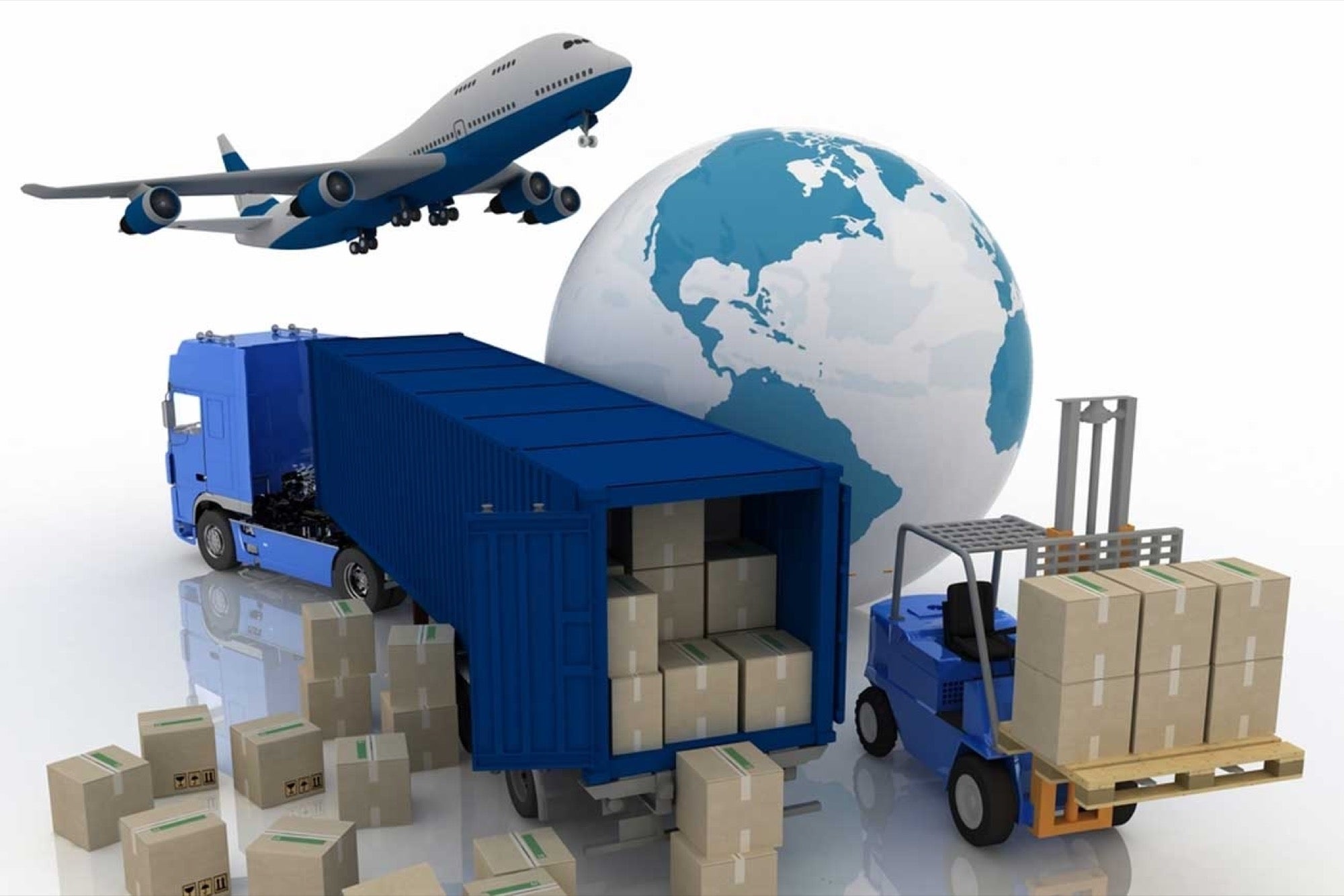6 Ways to Grow Your Logistics Business as an Entrepreneur The Indian logistics industry has remained unorganized but the changing global scenario is compelling the business sector to strategically plan and reform the market.
Opinions expressed by Entrepreneur contributors are their own.
You're reading Entrepreneur India, an international franchise of Entrepreneur Media.

The exponentially growing business sector has turned global crossing the national boundaries and reaching the farthest corners of the world. What holds everything in the business world is the delivery of products and services, and thus making logistics the survival need for them all. The good news came up with World Bank's Logistics Performance Index (LPI) report raking India 35th out of 160 countries. This progress is owed the drastic developments in the logistics industries and changes in government tax policies. Logistics in simple terms can be defined as the supply chain management which is responsible for the flow and storage of goods, services, and related information.
With a CAGR of 20.5%, Indian logistics industry is all set to cross $215 Billion mark by 2020, and that shows the tremendous potential that this industry bears. As of now, over 22 Million people are employed in Logistics industry making it a huge share of the national economy. The 3Ps of the government – Policies, Plans and Projects have paved the path for enterprises and startups to jump the bandwagon and flourish in the growing market.
For a long time, the Indian logistics industry has remained unorganized but the changing global scenario is compelling the business sector to strategically plan and reform the market. Regulatory authorities are also playing a key role in encouraging market accountability. LPI defines six dimensions for a successful logistics business, which can help enterprises and startups to grow exponentially, expand and benefit in a better way if promptly implemented.
Service quality – The competence and quality of logistics services is a major driving force in determining the success and growth of the business. All one need is a customer-centric approach to provide the best-in-class service. Understanding the requirements of the customers and coming up with the right solutions is the need of the hour. Customer satisfaction mainly depends on the service quality and furthermore, it includes every aspect of logistics system from the beginning to the end. The implication of latest technologies also helps in easing the service mechanism and proves as an advantage. Make sure to understand the objective of the customers, whether it is fast delivery or low-cost priority. The other factors viz. transport operation, customs, brokerage, third-party logistics and business collaborations also influence the service quality.
Timelines – What everyone needs today the most is maximum output in minimum time. The scheduled and expected delivery time of shipments and parcels in reaching the destination should be as short as possible. The varied demand trends and market requirements have led to the introduction of new concepts like "crowd sourced rider pool', which ensures timely delivery even during peak time. Some of the government's major projects like "Sagarmala' programme are helping in reducing the inland transit time and can fasten the delivery even more promptly.
Competitive pricing – the market competitiveness has brought down the pricing for both local and global deliveries. It is imperative to the logistics companies to slash down their price bars and launch campaigns with lucrative offers for service and products delivery. A simple reduction in direct logistics costs with the help of latest technology and better transport infrastructure also help in framing comprehensive prices for the logistics services. Enterprises are suggested to implement innovative service mechanism to provide prompt, effective, and best-in-class logistics services at lowest possible prices.
Efficiency of the clearance process – The clearance processes of border control agencies and customs play a very important role in determining the efficiency of cross-border and international logistics services. Companies that have a clientele with international delivery requirements and cross-border shipments should emphasize on making the clearance process more speedy, simple and predictable. Governments and international forums are also helping to create a global sustainable model for transport of products and services worldwide. It is of prime importance to provide an estimated delivery date to customers in the logistics industry, especially in international services. Therefore, companies need to ensure right documentation and clearance certificates.
Trade quality and transport infrastructure – The two domains in trade and transport infrastructure are private and public. On one hand, it is a must-have for all logistics entrepreneurs to strengthen their companies with strong infrastructure viz. transport vehicles, technological aids, warehouses, transit stations, and pick and delivery facilities. While on the other hand, this is government's responsibility to make a public infrastructure with roads, railroads, ports and countrywide IT systems that can facilitate logistics to move fast and serve better. To add further is hiring skilled drivers because most of the failures in logistics services are owed to unprofessional or unskilled drivers and support staff.
Trackability – The ability to trace and track the shipments, consignments, and updates for pick and delivery are quintessential parts of logistics services. With the latest technological advancements, WMS (Warehouse Management System) can be utilized not just to manage the inventory but to maintain the complete supply chain and ease up the logistics services. While working in collaboration with a third party logistics also, enterprises should update their WMS with the concerned company's information.
These dimensions will not only help in evaluating the company's service quality but also guides them to rectify the issues and grow the logistics business. Companies also need to work on an effective sales and operation (S&OP) planning model to accentuate the profits and grow. The national government is also actively working for the industry segment and the logistics division under the Department of Commerce is actively drafting the developmental plans.










